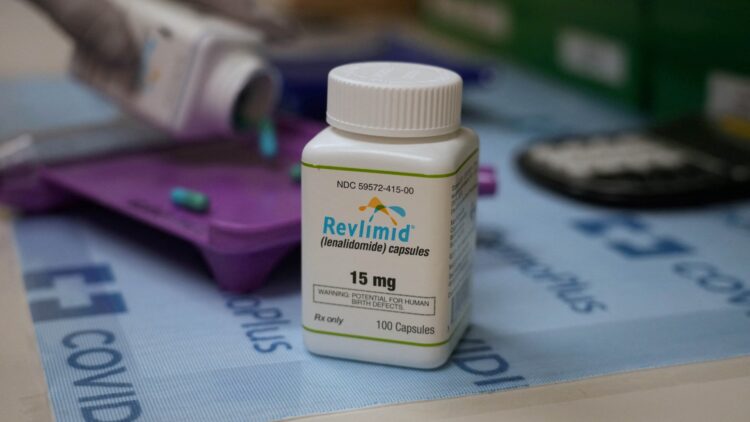Bristol Myers, one of the most well-known brands in the worldwide pharmaceutical industry, produced outcomes that far exceeded experts’ predictions. It is not often that major pharmaceutical companies take Wall Street by surprise. Investors frequently wait for evidence that their efforts are worthwhile in a world where developing new medications takes years and costs billions of dollars. Because of this, the most recent figures from a prominent pharmaceutical business have drawn attention from both inside and beyond the sector.
Bristol Myers outperformed and said it earned $2.9 billion
Bristol Myers Squibb BMY.N posted much better-than-expected second-quarter results on Wednesday on strong sales of its most established and best-selling brands, blood thinner Eliquis and cancer treatments Opdivo and Revlimid. Revenue in the quarter, which analysts had expected to fall due to the loss of patent protection on some of its products, including Revlimid, rose 1% to $12.3 billion.
Analysts, on average, were looking for revenue of $11.4 billion, according to LSEG data. The U.S. drugmaker said it earned $2.9 billion, or $1.46 per share, down from $4.2 billion, or $2.07, a year earlier. Analysts had expected earnings of $1.07 a share. Chief Financial Officer David Elkins said in an interview,
“The majority of our brands outperformed consensus in the quarter. We just have really solid commercial execution.”
But what is behind all this sudden growth?
There is just a general increase in the demand for medication. The use of medications like Cobenfy, which treat severe psoriasis and other immunological disorders, has been steadily increasing. Sales of older but dependable medications, such as the blood thinner Eliquis and the cancer treatment Opdivo, are still strong.
The business has expanded its cancer, heart disease, and immunology treatment options by investing in new collaborations and products. In the very competitive pharmaceutical industry, where businesses must continuously replace outdated medications with cutting-edge ones in order to stay ahead, this balance is essential.
Sales of Eliquis and Opdivo increase as generics threaten cancer medications
Sales of Eliquis, which Bristol Myers shares with Pfizer PFE.N, rose 8% to $3.7 billion in the quarter, while cancer immunotherapy Opdivo brought in $2.6 billion, up 7% from a year ago. Analysts, on average, had forecast sales of $3.3 billion and $2.3 billion for those drugs, respectively. Revlimid sales fell 38% to $838 million but still topped analyst estimates by about $300 million.
Still, Revlimid has held up better than initially feared, and the company now expects 2025 sales of around $3 billion, Chief Commercialisation Officer Adam Lenkowsky said. The company had previously said it expected 2025 Revlimid sales to be near $2.5 billion. Bristol Myers raised its full-year revenue forecast to a range of $46.5 billion to $47.5 billion from its prior view of $45.8 billion to $46.8 billion.
Bristol has been contending with a steep revenue decline from Revlimid, which raked in nearly $13 billion in 2021 but $5.8 billion last year due to generic rivals. Some of its other cancer drugs, such as Pomalyst, Sprycel and Abraxane, are contending with the same issue. Some of these diseases can also be caused by the extreme heat, which exposes cracks in public health and safety systems, for instance, skin cancer.
Analysts are estimating 2025 earnings of around $6.24 per share. The most recent findings from Bristol Myers are encouraging for patients and communities that rely on medical innovation, not just the company’s boardrooms. Pharmaceutical development is expensive and dangerous, and many therapies fail before they are put on the market, so the path is never simple. Bristol Myers has demonstrated how investors and patients can benefit. Additionally, as Paris reopens the Seine for swimming after a century‑long ban, we hope everyone else will be healthy and that the water is clean.
GCN.com/Reuters.


